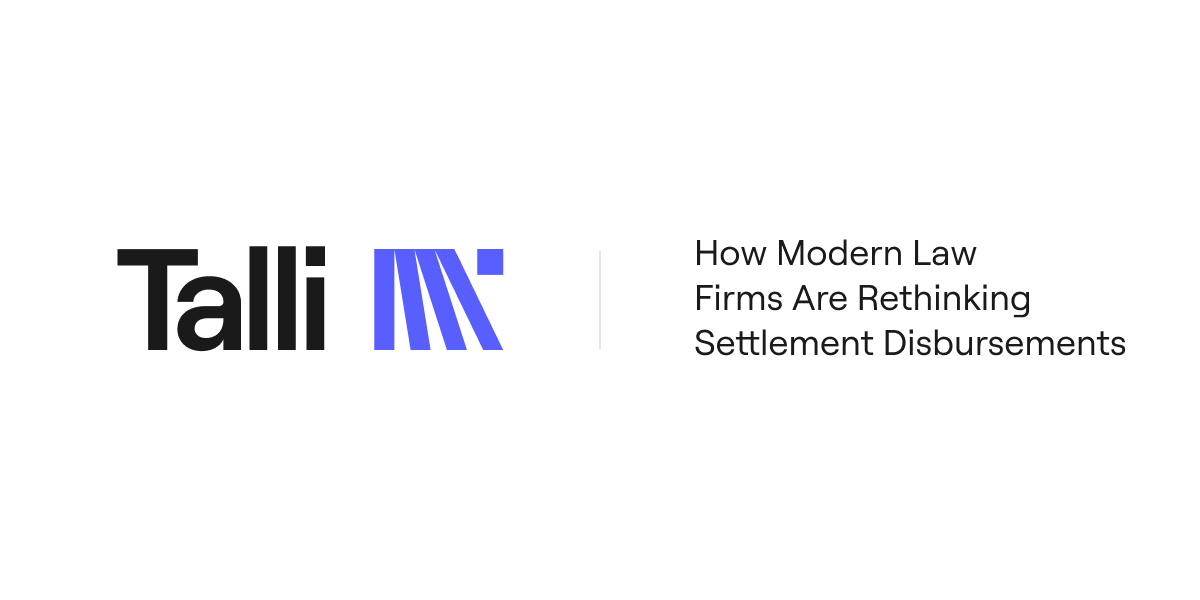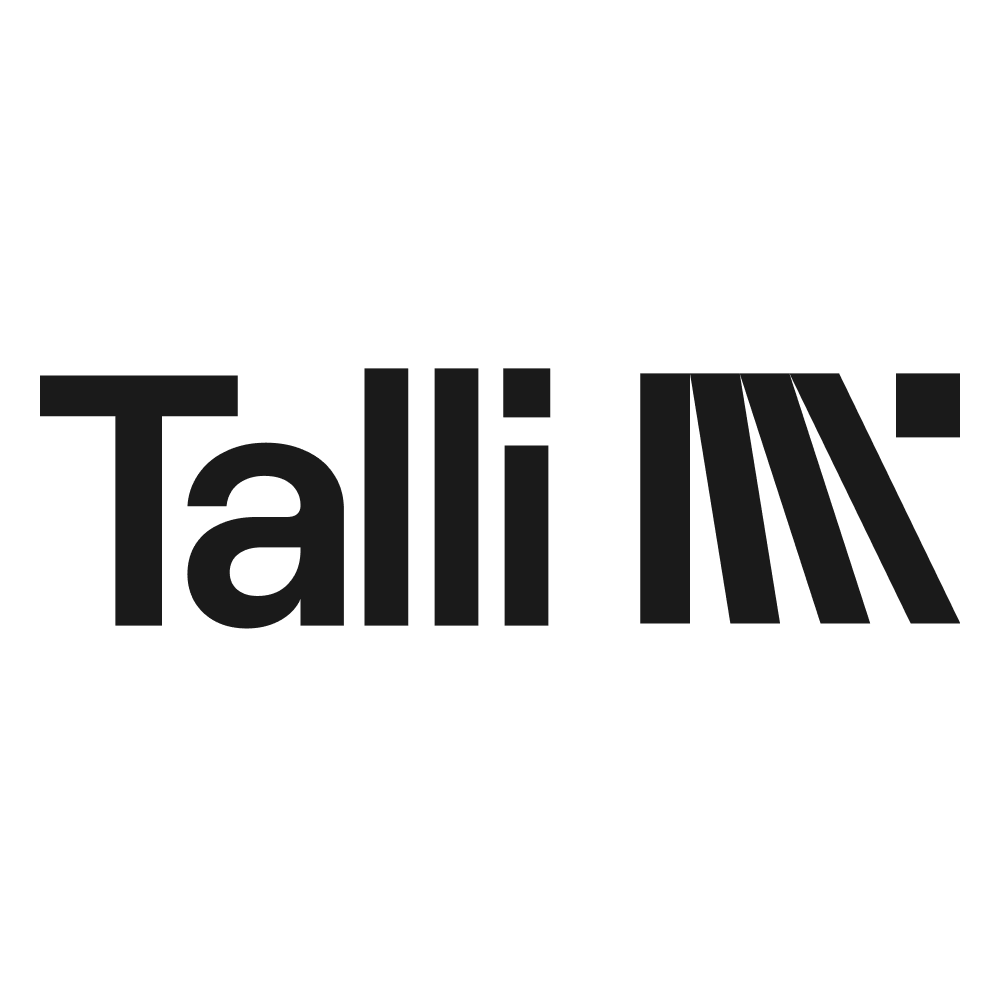How Modern Law Firms Are Rethinking Settlement Disbursements

Law firms face a strategic decision with every settlement: manage disbursements with digital tools or outsource full-service administration.
For decades, this wasn't really a decision at all. Full-service outsourcing was the default regardless of settlement size or complexity. The assumption was that specialized firms offered expertise and infrastructure that couldn't be replicated internally.
Modern digital disbursement platforms have changed this. What was once a foregone conclusion is now a strategic choice. The question isn't whether outsourcing is necessary, but which approach makes sense for each specific settlement's characteristics.
Understanding the Cost Structure
Traditional full-service administration typically charges per-transaction fees and requires significant upfront and ongoing costs, while digital disbursement platforms offer pay-per-transaction pricing models that can provide substantial cost savings and operational efficiency. Digital platforms eliminate many of the manual processes and overhead costs associated with traditional administration, making them an attractive option for firms seeking to optimize their settlement operations.
Many forward-thinking administrators are themselves adopting these digital platforms to improve their service delivery, recognizing that modern technology enables better outcomes at lower cost.
What Full-Service Administration Provides
Core Functions:
- Notice design and distribution
- Complex eligibility determination
- Payment processing and reconciliation
- Court reporting and compliance
- Fraud detection and prevention
- Experience navigating approval processes
For large, complex settlements with disputed eligibility or intricate allocation formulas, this comprehensive expertise remains valuable.
Where Direct Digital Tools Work Well
Straightforward Eligibility When claimant lists are clearly defined and eligibility criteria are objective, digital platforms can automate verification without requiring specialized judgment.
Moderate Scale Settlements under $10 million with identifiable claimant populations often operate efficiently using direct digital tools.
Speed Requirements Direct control eliminates coordination delays. Law firms using digital platforms report reducing payment cycle time from 14 days to 3 days monthly (Talli).
The Hybrid Approach
The binary choice between full outsourcing and complete in-house management creates false limitations. Many successful settlements use a hybrid model:
Full-service partners handle:
- Complex eligibility determinations
- Objection resolution
- Court coordination
Digital platforms handle:
- Payment processing and multiple payout methods
- Claimant communication, over email and SMS with reminder schedules to maximise take up rates.
- Real-time tracking
- Compliance documentation
- Creating of 3rd party QSF funding account
This division captures specialized expertise while maintaining speed and cost efficiency. Progressive administrators often use platforms like Talli for payment infrastructure while providing strategic oversight and court interaction.
Technology Capabilities That Enable Choice
Automated Compliance Integrated OFAC and AML checks cut compliance review time by 65%, reducing external audit fees by 20% annually (Finexer). Digital audit trails eliminate 4-6 hours of manual work per reporting cycle (Talli).
Payment Flexibility When given choice, 93% of claimants select digital payment over paper checks (Western Alliance Bank & Digital Disbursements, 2024).
Accuracy and Fraud Prevention Digital disbursements achieve 99.5% first-pass accuracy versus 85-88% for manual processes (Talli). Built-in validation reduces fraudulent or bounced payments by 40% (Talli).
Real-Time Visibility Courts increasingly demand transparency. The Northern District of California requires detailed Post-Distribution Accounting within 21 days of fund disbursement (N.D. California Procedural Guidance, 2022). Digital platforms generate these reports automatically.
Building a Decision Framework
Rather than defaulting to full-service outsourcing, strategic firms evaluate each settlement:
Settlement Complexity High complexity with disputed eligibility benefits from specialized administration expertise. Straightforward criteria work well with direct digital tools.
Scale and Volume Very large settlements often benefit from comprehensive administrative infrastructure. Moderate settlements under $10 million typically operate efficiently through digital platforms.
Court Requirements Some jurisdictions have established relationships with specific service providers or process expectations.
Partner Capabilities Whether working with traditional administrators who use modern tools or managing directly, understanding your partner's technology stack matters as much as their service model.
Implementation
Modern platforms connect to existing case management software through standard APIs, enabling automatic data flow without manual transfers. Integration takes 2-4 weeks.
Talli's API syncs claimant data, payment statuses, and distribution metrics directly to your CRM in real-time, eliminating manual exports and reconciliation.
For Law firms that do not have the ability to integrate an API, Talli has a dashboard application that allows to easily setup, manage and oversee a distribution campaign.
Start with one settlement as proof of concept. Extrada Law Group automated 800 monthly settlements, cutting administrative spend from $16,000 to $3,200 per month (Extrada). Firms report 30% higher client satisfaction after implementing digital disbursements (Talli).
From Default to Strategic
Digital disbursement platforms create optionality that didn't exist previously. This doesn't eliminate the value specialized administrators provide for complex settlements, but it does mean blanket full-service outsourcing across all cases no longer represents the optimal approach.
Different settlements warrant different strategies. Very large, complex distributions may still benefit from comprehensive administrative engagement. Moderate-sized settlements with straightforward criteria increasingly make sense to manage with direct digital tools. Many fall somewhere between, suggesting hybrid approaches where administrators provide strategic oversight while modern platforms handle payment execution.
The firms gaining advantage aren't those rigidly committed to either full outsourcing or complete in-house management. They're firms that evaluate each settlement individually and deploy the approach that best serves that specific circumstance.
Settlement administration has shifted from a default decision to a strategic choice. Firms that recognize this and build decision frameworks accordingly will optimize outcomes across their settlement portfolio rather than accepting one-size-fits-all approaches inherited from an era when genuine technological alternatives didn't exist.
The infrastructure now supports whatever approach makes sense for your specific settlement. The question is whether your firm has developed the framework to make that choice deliberately.
